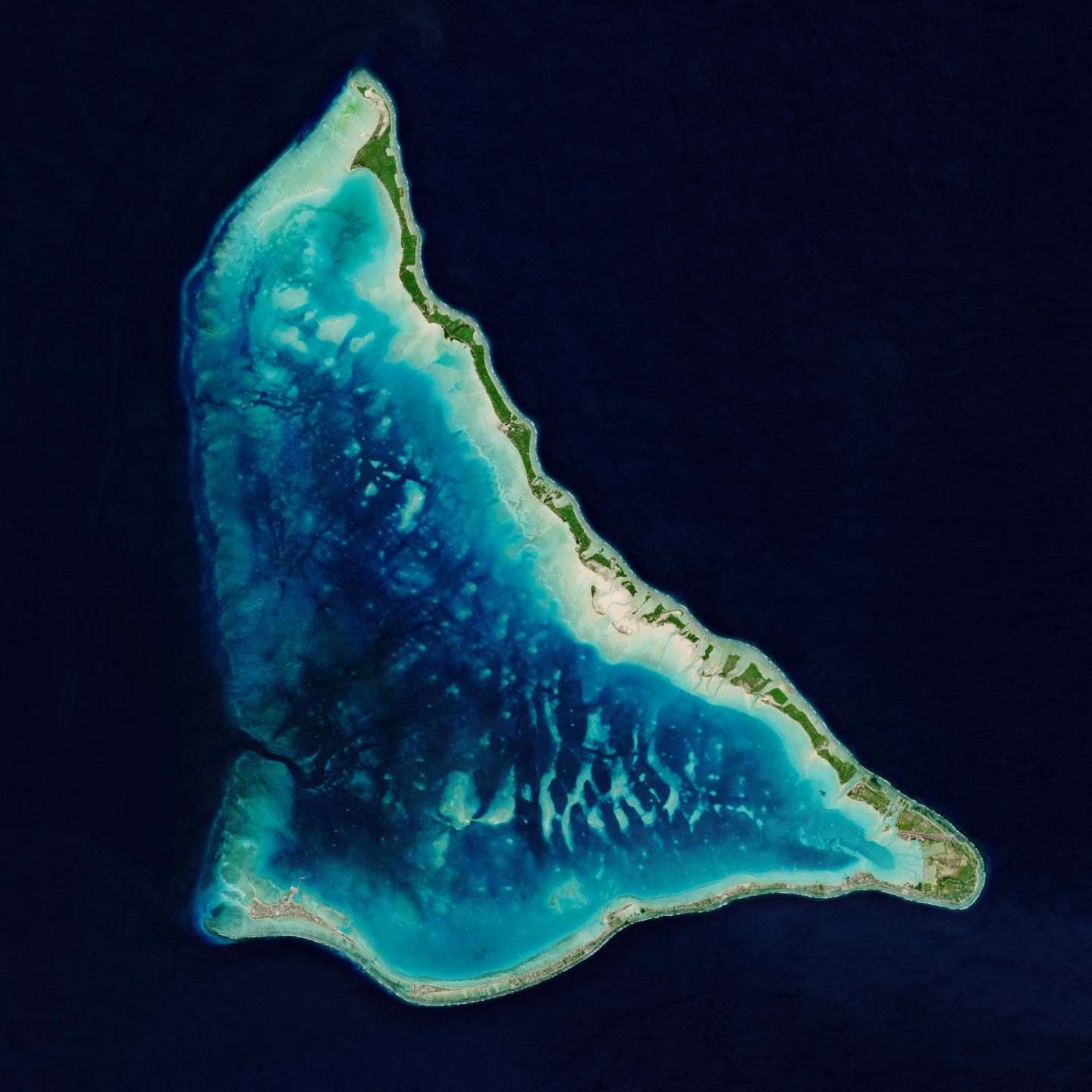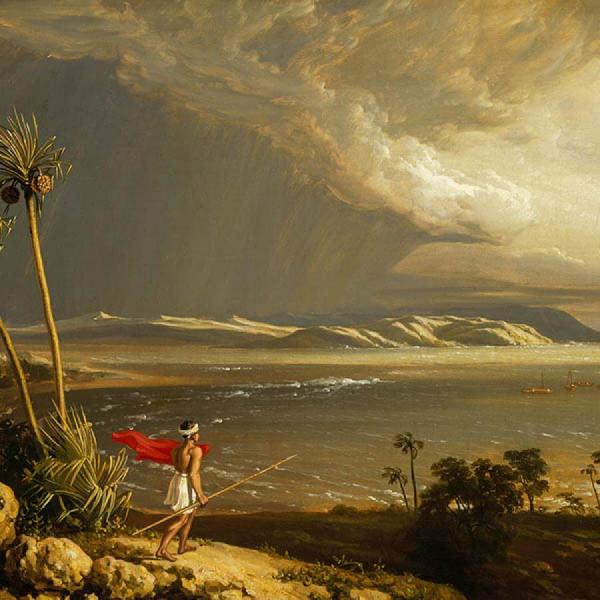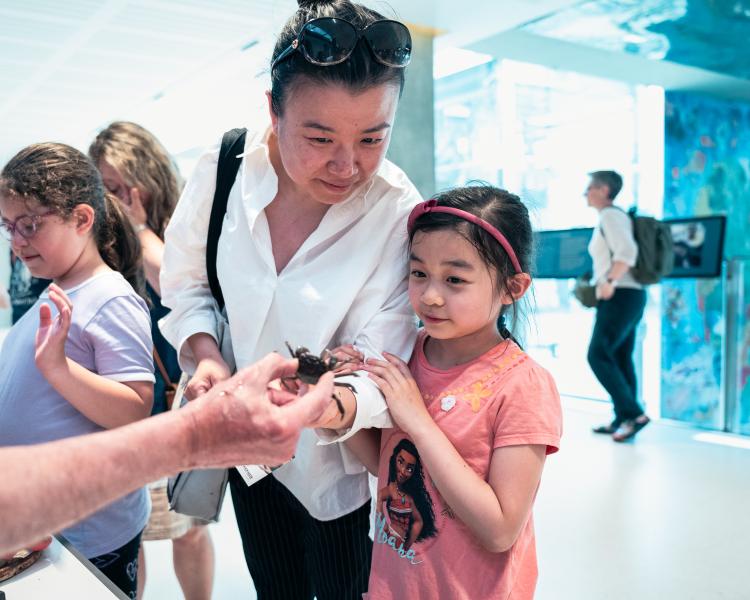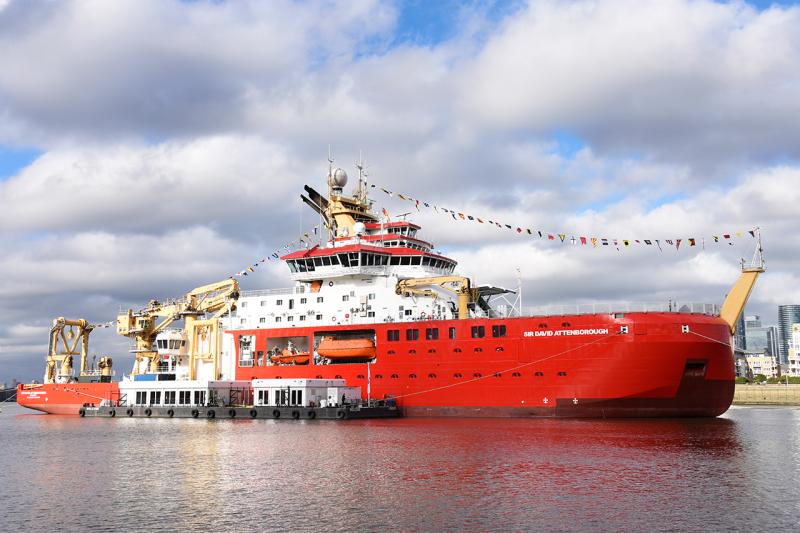
Sustainability: it’s a new word for a very old way of seeing the world. Take only as much as you need, and give back whatever you can.
That interconnection with the environment runs particularly deep in the Pacific, where indigenous people have lived on and among a ‘sea of islands’ for over two thousand years.
"We’ve always been kaitiaki of the ocean: guardians and protectors," explains Johnny Vaike, a 21-year-old from the islands of Mangaia, Rarotonga and Samoa but born in the UK. "It’s a defining part of indigenous culture."
Johnny is part of the Tangata Moana Advisory Board, a group that has partnered with the National Maritime Museum since the opening of the Pacific Encounters gallery in 2018. The Board consults on exhibitions and publications, advises on the display of culturally significant taonga (treasures), and ensures that Pacific Island perspectives are understood and respected.
The advisory board grew out of a need to represent Pacific traditions and cultures. Now, however, their work has taken on a very contemporary resonance.
The United Nations has called the Pacific the ‘front line’ of global climate change, declaring that ‘climate change remains the single greatest threat to the livelihoods, security and wellbeing of the peoples of the Pacific.’
In 2023 Johnny joined the National Maritime Museum to mark World Oceans Day, celebrating their heritage while also shining a light on the challenges facing peoples of the Pacific today.
How should we understand the impact we are having on the Pacific? And what should the global response be when a person’s homeland is literally ‘going under’?

Why is it important to recognise Pacific cultures during World Oceans Day?
When we talk about the Pacific, we’re talking about a huge area with such rich, diverse cultures. In the Cook Islands alone there are 15 islands; Fiji comprises an archipelago of more than 330 islands and over 500 islets.
The differences are immense, yet we’re all brought together by the same thing: the ocean. A colonial mindset attempted to divide the area into Micronesia, Melanesia and Polynesia. We don't see it that way: we are all Tangata Moana: people of the Pacific.
You cannot separate us from our ocean. We sailed across the ocean and we navigated it. Our ancestors were able to tell just by the tides and fish whether a reef was safe to sail across.
In Aotearoa New Zealand there is Tangaroa, God of the Ocean. There are so many karakia (prayers), waiatas (songs) and mōteatea (chants) surrounding Tangaroa and our Moana (ocean) in general.
When you look at the impacts of climate change therefore, you can see why it affects our people so deeply. We’ve always been kaitiaki of the ocean: guardians and protectors. It’s a defining part of indigenous culture: take as much as you need, and always give back.
I learned from a Kiribati Auntie of mine for example that, whenever they ate kaimoana (seafood), they would always throw a bit back in to thank the God of the ocean.
When you look at it from a climate change perspective, the fact that we’re the ones sinking beneath the ocean – a world we have tried to protect and be at one with for centuries – is crazy.
What should we know about the impact of climate change in the Pacific?
Examine the ways you're affecting our planet, because it’s affecting the Pacific Islands first.
In just a few years, the islands of Tuvalu won't exist. Its government has announced plans to make a virtual reality version of their islands, because their descendants won't have their own land to stand on.
It is the same in Kiribati. They’re literally going under – and it’s not because of them. Older people are refusing to leave; they will go down with their island. Younger people and children meanwhile are becoming the first climate refugees.
The impacts of climate change are being felt even in big westernised countries in the Pacific like New Zealand. Cyclones, flooding, hurricanes and tornadoes have hit the country throughout the summer. These kinds of events aren’t unusual – but them happening to this extreme is unusual. Climate change will hit us all at some point.
So I guess just be mindful of what’s going on. But don’t see us as having just given up, because we haven’t.
At World Oceans Day at the National Maritime Museum in 2023 there there were two Fijian dance groups performing: one that came over from Fiji, and another UK-based group called Yanu Yanu. This group is all made up of Fijian youth who have been raised outside of their home country, yet held on to their culture.
For there to be representation for us at World Oceans Day is really important. Our people exist outside of museum cases. We will carry on our traditions, our culture, our languages, and share them with our future generations. We will fight until we go under.
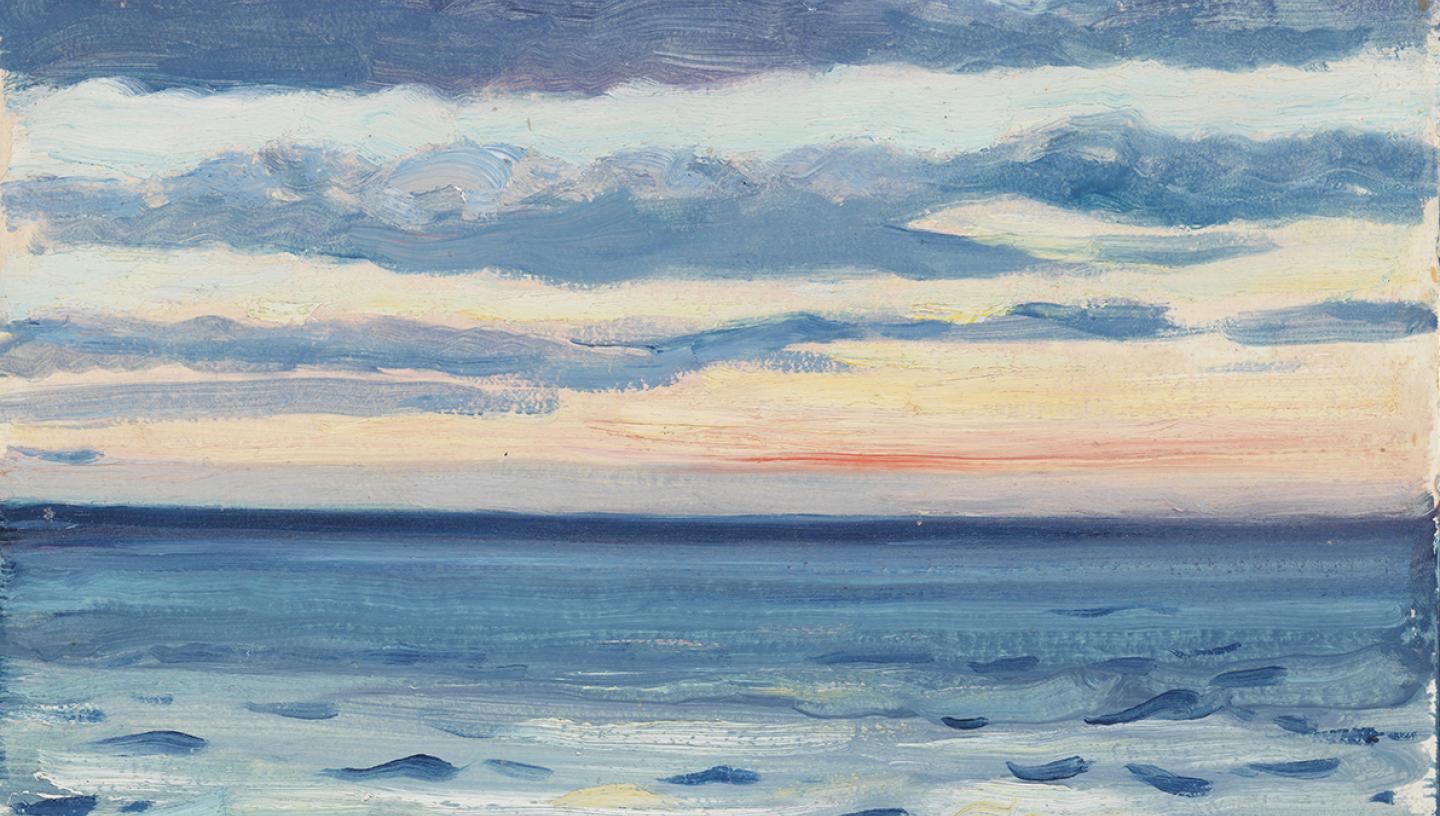
Our Ocean, Our Planet
Main image: still from Matagi Mālohi: Strong Winds, a film by 350.org
